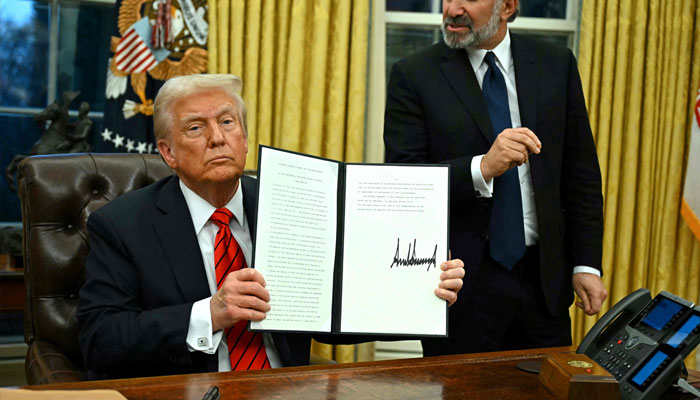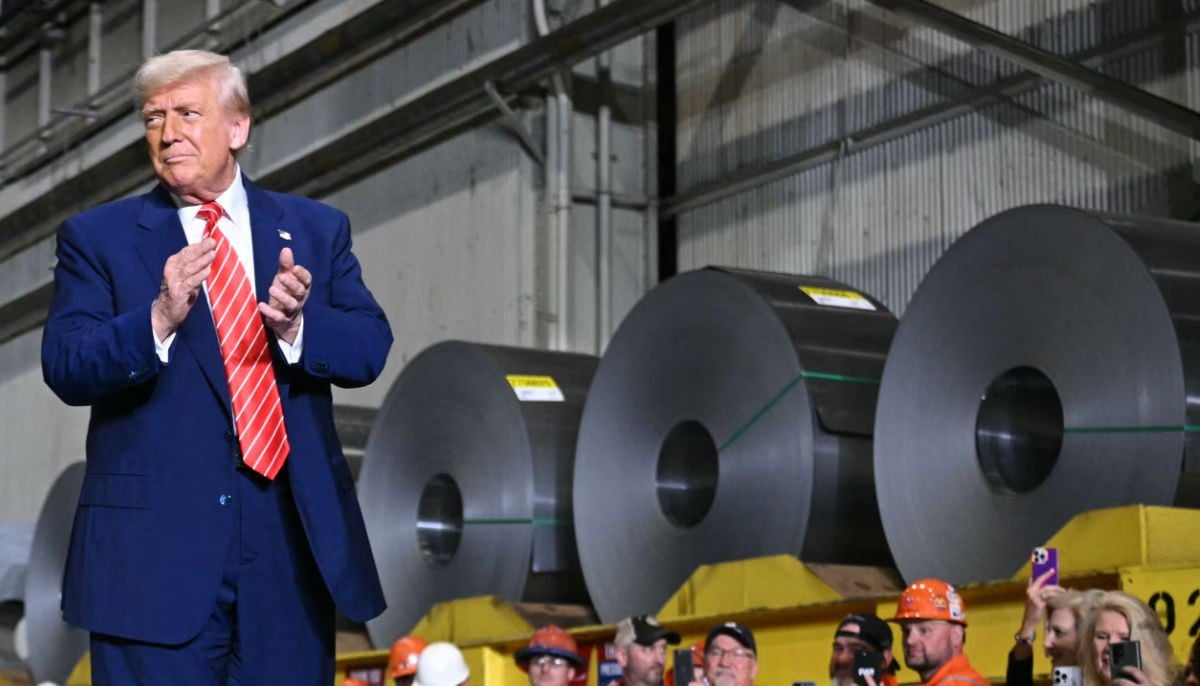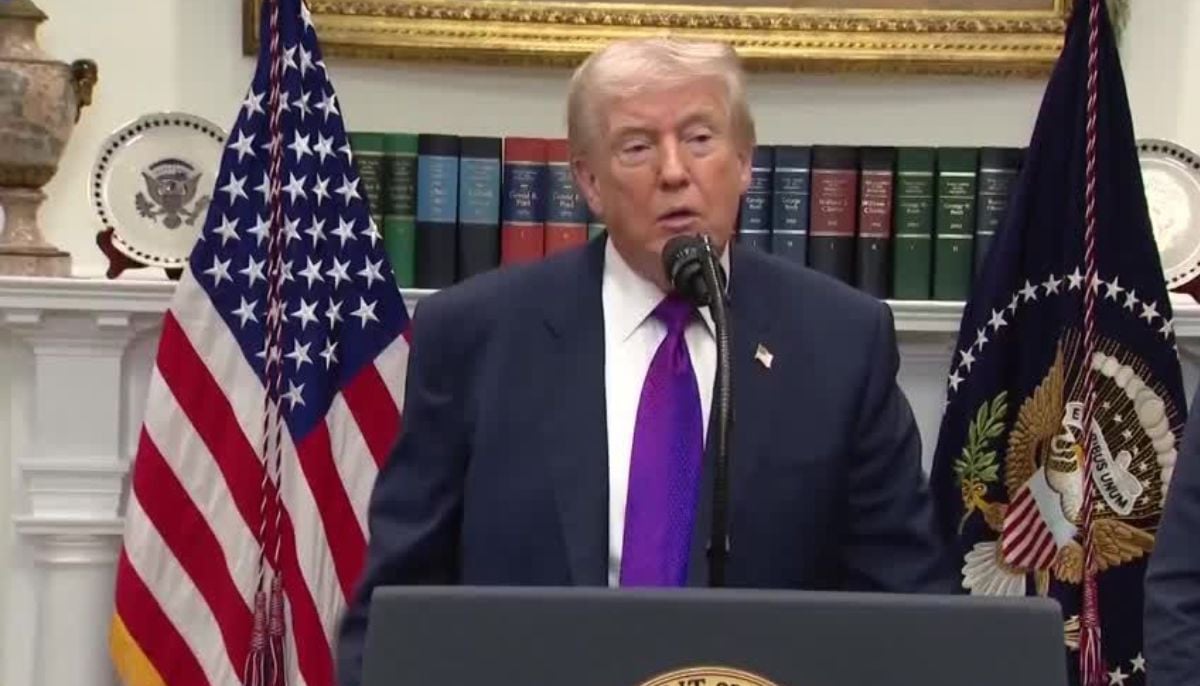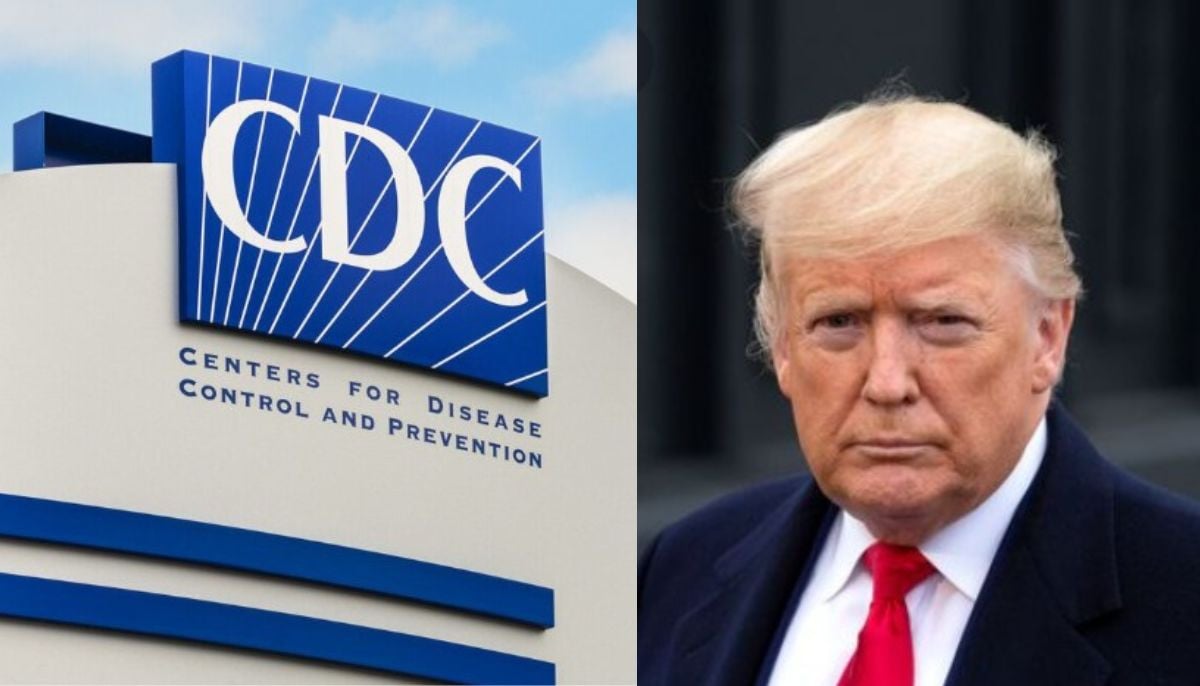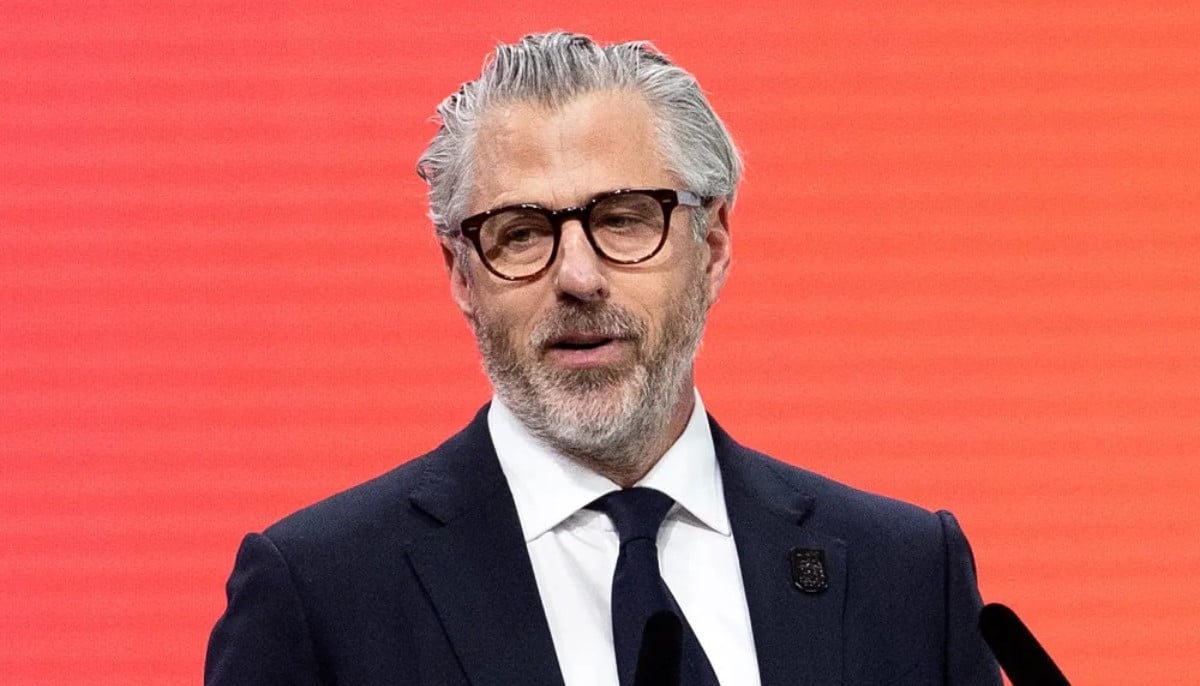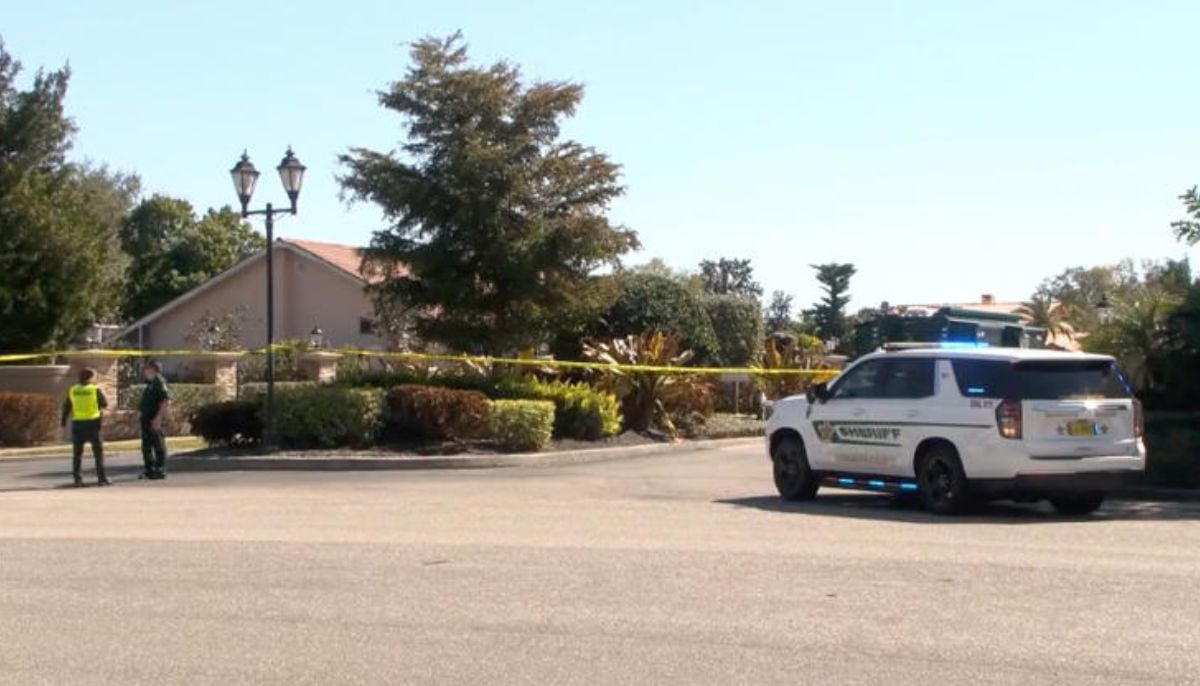Trump signs executive orders on steel and aluminium tariffs
US president indicates tariffs might be considered for products like automobiles, pharmaceuticals, computer chips
US President Donald Trump took a major step in his trade policy on Monday by signing executive orders to impose 25% tariffs on steel and aluminium imports, escalating the long-anticipated trade war despite objections from Europe and China, AFP reported.
This move follows a promise Trump made the day before while en route to the Super Bowl in Louisiana, unveiling the policy aboard Air Force One.
Before finalising the orders, global stock markets saw a slight rise, as traders appeared to show little concern about the impending tariffs, perhaps due to “tariff fatigue” after years of uncertainty.
In the Oval Office, Trump stated, "Today I'm simplifying our tariffs on steel and aluminium. It's 25% without exceptions or exemptions."
He also indicated that additional tariffs might be considered for products like automobiles, pharmaceuticals, and computer chips.
Canada and Mexico, key steel exporters to the US, were warned of the impact of these new tariffs. Brazil and South Korea also supply significant amounts of steel to the US. National Economic Council Director Kevin Hassett emphasised that the steel industry is central to Trump's “America First” agenda.
Trump hinted at potential exemptions, particularly for Australia, a nation with which the US maintains a trade surplus. However, he reaffirmed that tariffs would remain in place for most others, stating: "We have a surplus to Australia, one of the few," and referencing their substantial aircraft purchases.
Trump also teased a future announcement on reciprocal tariffs, aiming to align US tariffs with those imposed by other nations. During his first term, he enacted wide-ranging tariffs to protect US industries he believed were facing unfair competition, especially from Asian and European markets.
The announcement drew criticism from Canadian steelmakers, who warned of major disruptions, while the European Commission promised to protect European businesses and workers from what it termed unjustified measures.
French President Emmanuel Macron and German Economy Minister Robert Habeck both voiced opposition, with Macron urging a more focused approach towards China, and Habeck cautioning that tariff conflicts only create losers.
As Trump continued his trade policies, Wall Street remained positive, with major global stock indices, including those in London and Frankfurt, hitting new records.
However, the Chinese retaliated with their own tariffs on US coal and liquefied natural gas, signaling the continuation of tensions. Trump has long argued that foreign exporters, not American consumers, would bear the brunt of the tariffs, though experts largely disagree, suggesting that the American public will feel the economic impact.
Despite this, Trump acknowledged that there could be initial economic “pain” from the levies.
-
Scientists find strange solar system that breaks planet formation rules
-
Woman calls press ‘vultures’ outside Nancy Guthrie’s home after tense standoff
-
Casey Wasserman to remain LA Olympics chair despite Ghislaine Maxwell ties
-
Gigi Hadid feels 'humiliated' after Zayn Malik's 'pathetic' comment: Source
-
Ontario tuition freeze ends, allowing colleges and universities to raise fees
-
James Van Der Beek’s 'heartbroken' ex wife breaks silence of his death
-
Kylie Kelce breaks silence on 'beef' with Dwayne Wade
-
Suspect kills six across Florida before taking his own life
